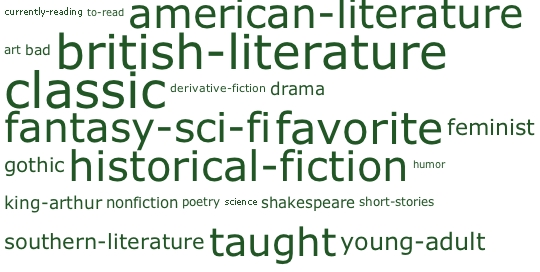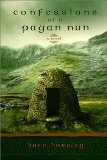Last week Lifehacker asked its readers to vote for the books that changed their lives. I think the resulting list gives a lot of insight into the kind of readers Lifehacker has, but it also made me wonder what I would say if someone asked me to list books that had changed my life. Whenever I have to fill out profiles that ask for my favorite books, I always say “too many to list,” which is quite true, but I wonder if I can narrow down the books that changed my life? In no particular order, this is my list:
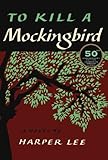 To Kill a Mockingbird by Harper Lee
To Kill a Mockingbird by Harper Lee
This story of racism and prejudice in the Deep South profoundly affected me when I first read it in the 11th grade. If I recall, it was the only assigned reading in high school that I actually read ahead of the reading schedule. I really enjoyed that book. Since then, whenever I have shared it with students, I have fallen in love all over again — with the language, the characters, the story it tells. Harper Lee calls her novel “a love story” (the paperback version linked here includes this reference Lee makes on its back cover). It took me a long time to figure out what she meant, but I believe I understand.
 Gone With the Wind by Margaret Mitchell
Gone With the Wind by Margaret Mitchell
While today I find the characterization of the African-American characters to be at best romantic and at worst racist, I have to admit this book was my first “adult” novel and really taught me how amazing and wonderful the world of books could truly be. I took the book with me everywhere and read it whenever I had a free moment. It took me two or three weeks to finish the first time I read it. I think I will most likely always have a soft spot for this novel.
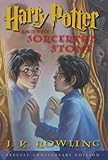 Harry Potter Series, by J. K. Rowling
Harry Potter Series, by J. K. Rowling
No other books have given me so much delight and have so frequently been on my re-reading cycle. Believe it or not, I have endured a lot of criticism for liking these books — some of it from people I am close to. I have had to defend my interest in these books to adults who think I should know better than to love children’s books. I just can’t understand why those people feel it necessary to be so narrow-minded and joyless. Why should they care? I fell in love with these books some time during my reading of Harry Potter and the Sorcerer’s Stone. If I had to select an exact moment, it might be when Hagrid shows up at the hut in the sea. In fact, my favorite scene in any of the books remains Harry’s first trip to Diagon Alley to get his school supplies.
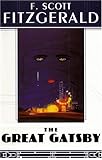 The Great Gatsby by F. Scott Fitzgerald
The Great Gatsby by F. Scott Fitzgerald
Containing some of the most beautiful prose in American literature, The Great Gatsby remains one of my favorite books to teach. I have many of my favorite passages highlighted. I actually enjoy the language more than the plot of the story. I pulled out my favorite passages and wrote about them many years ago.
 The Mists of Avalon by Marion Zimmer Bradley
The Mists of Avalon by Marion Zimmer Bradley
I know I really like a book when I finish and wish with all my heart that I had written it. Why I feel it necessary to make it even more mine than it is after having read it, I’m not sure, but I have felt it several times. However, I think the fist time I felt it was after reading this novel. I still maintain, even after ten years have passed since I read it, that it is the best rendition of the King Arthur story I’ve read. I’ve never looked at the character Morgan le Faye the same way since then (or Guinevere, for that matter). To me, this novel was pitch-perfect, or it was when I read it. I was enthralled by it.
I’m sure I could expand upon this list with a bit more thought. It would never include any Ayn Rand, however.

